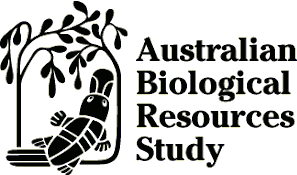Australian Tropical Rainforest Plants - Online edition
Harpullia pendula Planch. ex F.Muell.
Click/tap on images to enlarge

Leaves and Flowers. © CSIRO
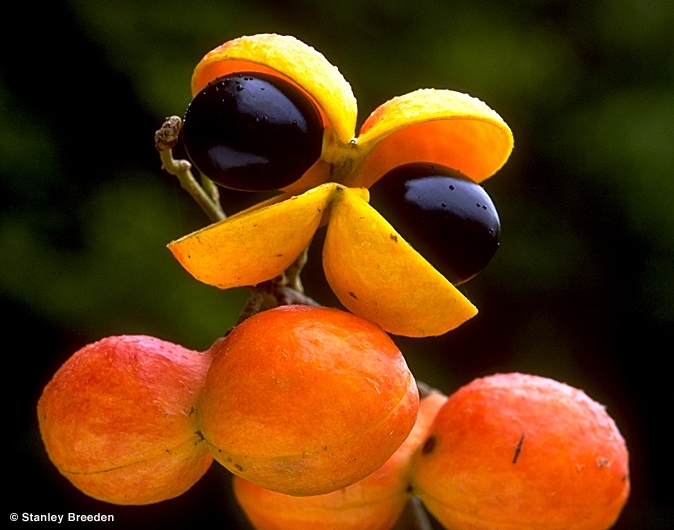
Fruit and dehiscing fruit. © Stanley Breeden
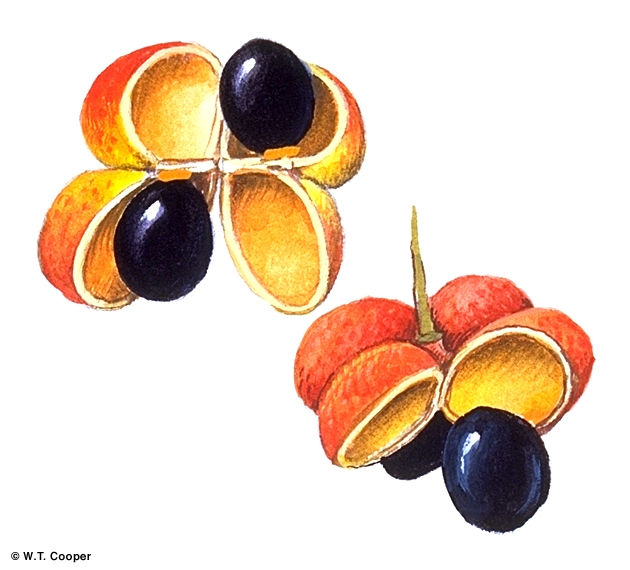
Dehiscing fruit. © W. T. Cooper
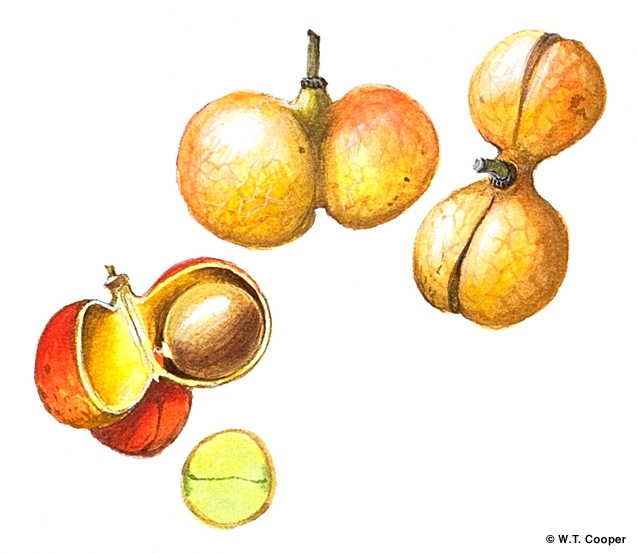
Fruit, side view, dehiscing and seed cross section. © W. T. Cooper

Scale bar 10mm. © CSIRO
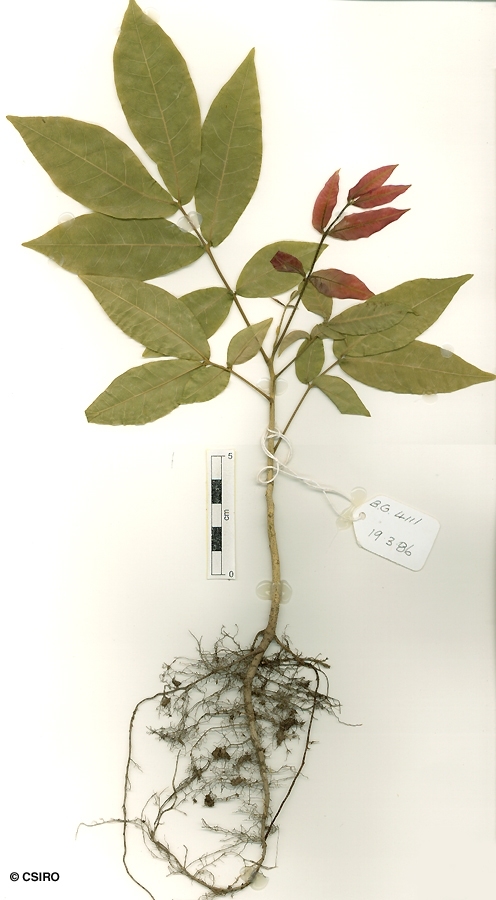
10th leaf stage. © CSIRO
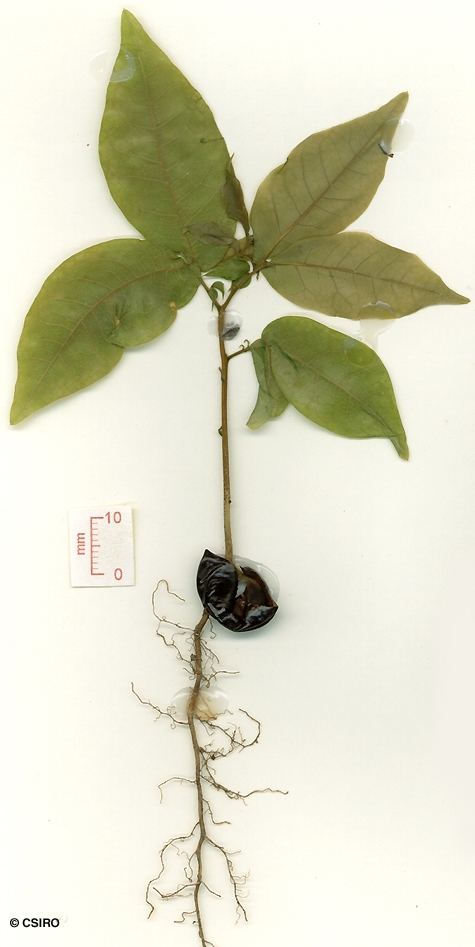
Cotyledon stage, hypogeal germination. © CSIRO
Family
Mueller, F.J.H. von (1859) Transactions and Proceedings of the Philosophical Institute of Victoria 3: 26. Type: In the forests near Moreton Bay Brisbane River, Sept. 1828, A Cunningham 125; iso: MEL. Fide Reynolds (1985).
Common name
Tulip Lancewood; Queensland Tulipwood; Black Tulip; Black Tulipwood; Mogun-mogun; Tulipwood
Stem
Stems of larger trees usually fluted, angular or irregular in section. A thin, cream or yellow layer generally visible beneath the subrhytidome layer before the first section of the outer blaze.
Leaves
Flowers
Fruit
Fruits about 1.3-2.5 cm long, 2-lobed. Calyx persistent, clothed in stellate hairs. Aril minute or absent. Cotyledons green.
Seedlings
Distribution and Ecology
Natural History & Notes
Food plant for the larval stages of the Cornelian Butterfly. Common & Waterhouse (1981).
RFK Code
371
Copyright © CSIRO 2020, all rights reserved.

Web edition hosted at https://apps.lucidcentral.org/rainforest



